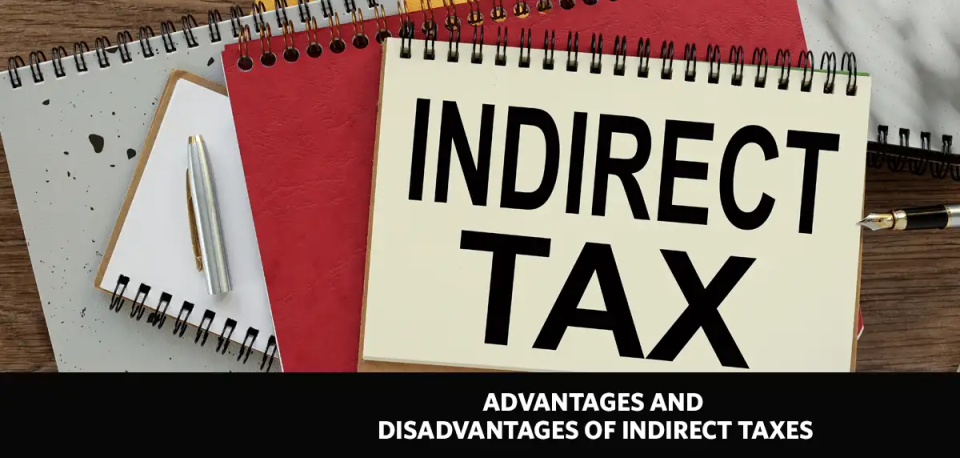Retirement is a phase where financial security becomes paramount, especially for senior citizens who often rely on fixed incomes. To ensure financial stability and to minimise tax liabilities, senior citizens need to explore various tax-saving schemes. Tax-saving is crucial for senior citizens as it helps in maximising their post-retirement income. This ensures that they have more funds available for their daily needs and emergencies. Knowing what some of the right tax-saving retirement investment plans are early on can help with planning for the future.
Best Tax Saving Schemes for Senior Citizens
Let’s delve into the best tax-saving schemes available in 2025 for senior citizens in India who are filing their income tax under the old tax regime:
Senior Citizens Savings Scheme (SCSS)
The Senior Citizens Savings Scheme, also known as SCSS, is one of the most popular tax-saving schemes designed specifically for senior citizens.
- Eligibility: Individuals aged 60 years and above.
- Investment Limit: Minimum ₹1,000 and maximum ₹15 lakhs.
- Interest Rate: Approximately 8% per annum.
- Tenure: 5 years, extendable by 3 years.
- Tax Benefits: Deduction under Section 80C, up to ₹1.5 lakhs per annum.
Post Office Monthly Income Scheme (POMIS)
It can be considered as one of the monthly income schemes for senior citizens to invest in. Investors can approach their post office or visit the India Post website for details.
- Eligibility: Open to all individuals; senior citizens often prefer it due to its guaranteed returns.
- Investment Limit: Minimum ₹1,000 and maximum ₹4.5 lakhs (single account) or ₹9 lakhs (joint account).
- Interest Rate: Approximately 6.6% per annum.
- Tenure: 5 years
- Tax Benefits: Interest earned is fully taxable, but the principal amount is safe and secure.
Pradhan Mantri Vaya Vandana Yojana (PMVVY)
The Pradhan Mantri Vaya Vandana Yojana is a government-backed pension scheme offering assured returns.
- Eligibility: Individuals aged 60 years and above.
- Investment Limit: Minimum ₹1.5 lakhs and maximum ₹15 lakhs.
- Interest Rate: Around 7.4% per annum.
- Tenure: 10 years
- Tax Benefits: Interest earned is taxable, but it provides a stable income stream.
National Savings Certificate (NSC)
The National Savings Certificate is a fixed-income investment scheme with tax benefits that one can include in their retirement planning.
- Eligibility: Open to all individuals.
- Investment Limit: No maximum limit.
- Interest Rate: Approximately 6.8% per annum.
- Tenure: 5 years
- Tax Benefits: Investments qualify for deduction under Section 80C. To calculate your potential returns on a fixed deposit, you can use an FD calculator to get an accurate estimate based on your investment amount, tenure, and interest rate.
Public Provident Fund (PPF)
A long-term investment option with attractive interest rates and tax benefits, the Public Provident Fund is a scheme offered by the government to encourage small savings.
- Eligibility: Open to all individuals.
- Investment Limit: Minimum ₹500 and maximum ₹1.5 lakhs per annum.
- Interest Rate: Approximately 7.1% per annum.
- Tenure: 15 years, extendable in blocks of 5 years.
- Tax Benefits: Investments qualify for deduction under Section 80C; the interest earned is tax-free.
Tax-saving Fixed Deposits
Fixed deposits are one-time deposit options that one can earn interest on in the long run. While they are considered a safe bet, the interest rates are relatively low.
- Eligibility: Open to all individuals.
- Investment Limit: No maximum limit.
- Interest Rate: Varies by bank, typically around 5.5% to 7% per annum.
- Tenure: 5 years
- Tax Benefits: Investments qualify for deduction under Section 80C.
Retirement Investment Options
In addition to tax-saving schemes, senior citizens should consider various retirement investment options to secure their financial future. Here are some popular options:
- Mutual Funds: Diversified investment options that can offer higher returns over the long term.
- Bonds: Government or corporate bonds providing fixed interest payments and relatively low in risk.
- Real Estate: Rental income and potential capital appreciation.
- Annuities: Regular income payments in exchange for a lump sum investment, suitable for ensuring a steady income.
Using a Retirement Calculator
A retirement calculator is an essential tool for planning post-retirement finances. It helps in estimating the corpus required to maintain a desired lifestyle during retirement. By inputting factors such as current age, retirement age, monthly expenses, and expected rate of return, seniors can get a clear picture of their financial needs.
Using these inputs, a retirement calculator can estimate the total corpus required and help in planning the investment strategy.
Investing in tax-saving schemes is essential for senior citizens to ensure financial stability and maximise their post-retirement income. By exploring the best saving schemes for senior citizens and utilising tools such as an online retirement calculator, retirees can make informed decisions and secure their financial future. Combining these tax-saving schemes with other retirement investment options can provide a comprehensive approach to retirement planning, ensuring a comfortable and worry-free retirement.
** Tax exemptions are as per applicable tax laws from time to time.
Disclaimers:
Disclaimers: IndiaFirst Life Insurance Company Limited, IRDAI Regn No.143, CIN: U66010MH2008PLC183679, Address: 12th & 13th floor, North Tower, Building 4, Nesco IT Park, Nesco Centre, Western Express Highway, Goregaon (East), Mumbai – 400 063. Toll free No – 18002098700. Email id: customer.first@indiafirstlife.com, Website: www.indiafirstlife.com. Fax No.: +912268570600. IndiaFirst Life Insurance Company Limited is only the name of the Life Insurance Company and ________________ UIN ____________ is only the name of the Life Insurance Product and does not in any way indicate the quality of the contract, its future prospects, or returns. For more details on risk factors and terms and conditions, please read the sales brochure carefully before concluding the sale. Trade logo displayed above belongs to our promoter M/s Bank of Baroda and is used by IndiaFirst Life Insurance Co. Ltd under License. Advt.
Ref. No.: __
BEWARE OF SPURIOUS/ FRAUD PHONE CALLS!
|
IRDAI is not involved in activities like selling insurance policies, announcing bonus or Investment of premiums. Public receiving such phone calls are requested to lodge a police complaint.
|





















